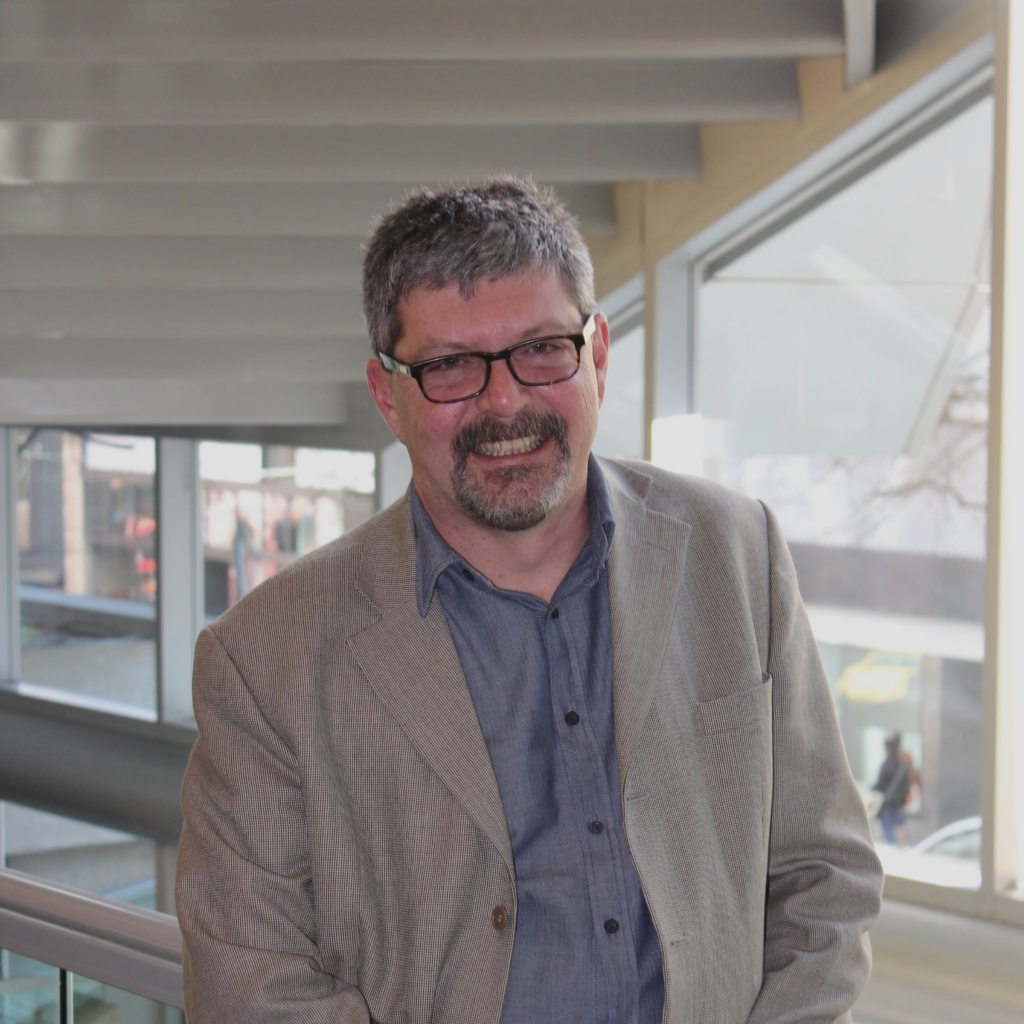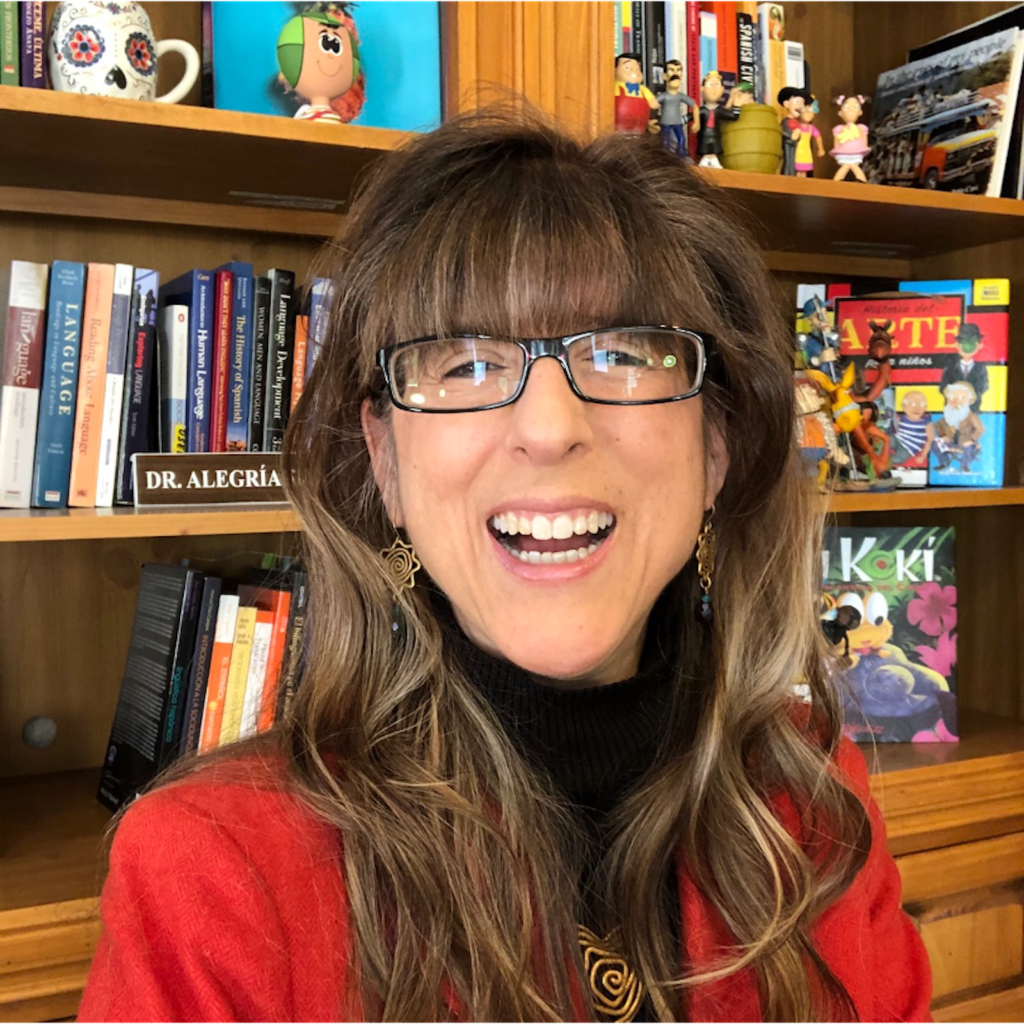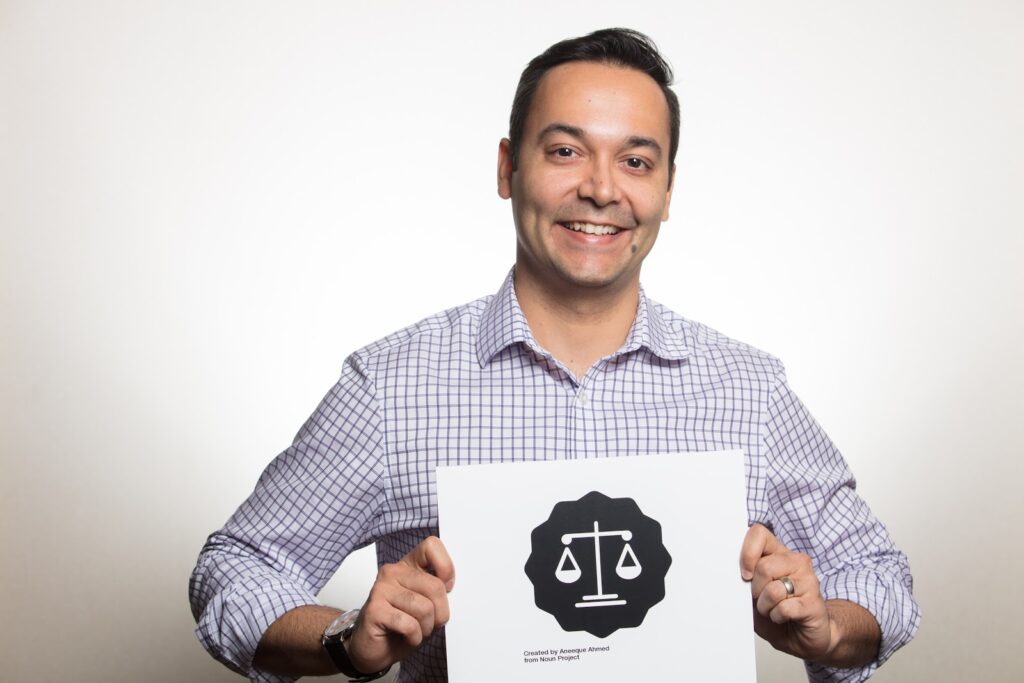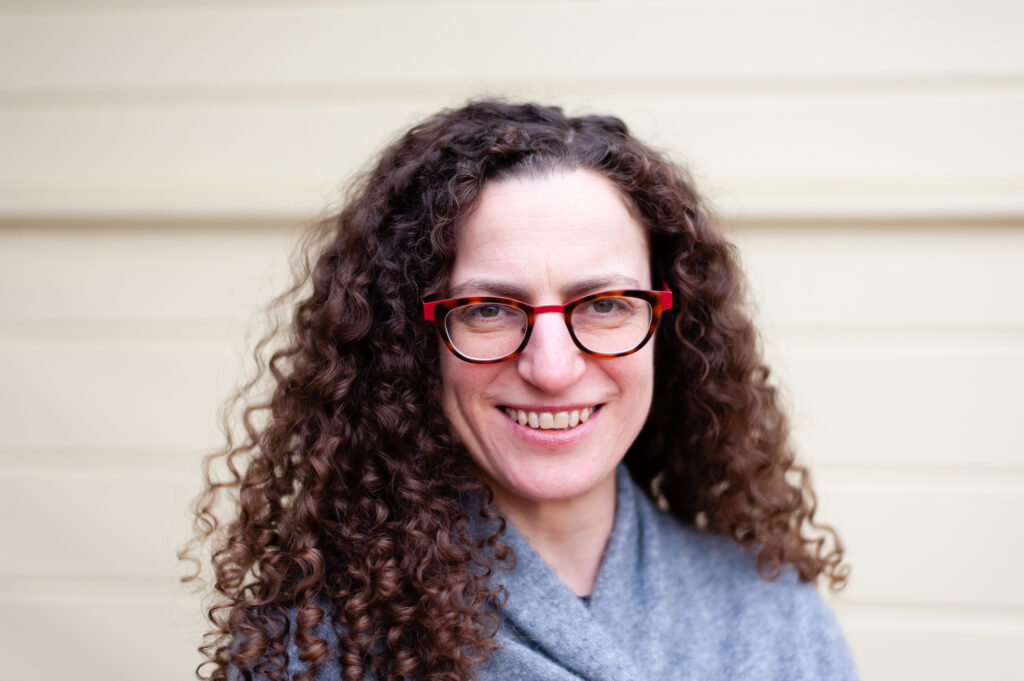The Open Education Awards for Excellence provide an annual recognition to outstanding contributions in the Open Education community. The recipients of these awards demonstrate excellence, goes above and beyond, and exemplifies dedicated and enthusiastic leadership in open education. The awards are presented by the Open Education Global Board of Directors to recognize truly exceptional work and dedication to open education.
JOIN US in congratulating each of the 2020 recipients and learn more about each of them on the new 2020 OE Awards site.
Leadership Award

The Leadership Award is presented to Wayne Mackintosh, an individual that is a strategic innovator with a passion for open sourcing education and is a committed advocate and user of free software for education. Mackintosh is the founding director of the OER Foundation, established in 2009 and headquartered at Otago Polytechnic, New Zealand. He is coordinating the establishment of the OER universitas (OERu), an international innovation partnership which aims to widen access to more affordable education for all. Wayne holds New Zealand’s UNESCO / ICDE Chair in OER at the Foundation and Otago Polytechnic, and serves as a member of the Board of Directors of the OER Foundation.
Educator Award

The Educator Award is presented to Alegría Ribadeneira who is making an incredible difference at Colorado State University and regionally because of the amazing work she does for students and for the leadership she demonstrates in approaches to teaching. Alegría has become a beacon to her colleagues of this kind of open pedagogy which empowers students, often using a range of new technologies and platforms. As such, Alegría’s colleagues across campus have benefited by learning ideas of open pedagogy such as renewable assignments and student-authored learning materials, as well as supporting technological tools. Even instructors across the state and nation have similarly benefited as she has given workshops on teaching ideas and strategies at the state and national level, including her work with the National Heritage Language Resource Center at UCLA.
Emerging Leader Award

A new award for 2020, the Emerging Leader Award is presented to an individual that is actively engaged in the use and promotion of OER and Open Practices, Rajiv Jhangiani from Kwantlen Polytechnic University, CA. Currently, Dr. Jhangiani is the Acting Vice Provost, Teaching & Learning and Associate Vice Provost, Open Education at Kwantlen Polytechnic University in British Columbia. He previously served as an Open Education Advisor and Senior Open Education Research & Advocacy Fellow with BCcampus, an OER Research Fellow with the Open Education Group, a Faculty Workshop Facilitator with the Open Education Network, an Associate Editor of Psychology Learning & Teaching and NOBA Psychology, and an Ambassador for the Center for Open Science.
He is the architect of the Zero Textbook Cost (ZTC) initiative at Kwantlen Polytechnic University. It is a first-of-its-kind in Canada program that allows students to choose from over 800 courses or one of seven complete credentials–from one-year Certificate programs to a full Bachelor’s degree–with zero textbook costs.
Support Specialist Award
A new award for 2020, the Support Specialists Award, is presented to two individuals actively engaged in the use and promotion of OER and Open Practices.

The Support Specialist Award is presented to Amy Hoffer from Open Oregon Educational Resources. Amy has had a huge impact, both in the state of Oregon and nationally, since she became the Coordinator of Statewide Open Education Library Services for Oregon’s higher education in 2015. She offers evidence-based and innovative opportunities for faculty to learn about OER, including biennial symposia, open textbook reviews, and online course redesign training. She created the openoregon.org website, with FAQs for faculty, a referratory that lists hundreds of resources used across the state, blog posts, original research, and an events calendar. She runs the state’s OER grant program, overseeing the selection, support, and sharing of dozens of grant projects resulting in millions of dollars in savings and a very high return on investment.
Amy also advocates for OER funding with the Higher Education Coordinating Commission, and champions textbook affordability legislation. Amy has been instrumental in the passage of state laws to improve the transparency of course materials costs for students and to require colleges and universities to plan strategically to reduce textbook costs. Since Amy began this work, the estimated average course materials costs at Oregon’s community colleges have fallen significantly.

The second Support Specialists Award is presented to Apurva Ashok who is the Project Lead at Rebus Community, a Canadian charity that supports open publishing. She runs the Textbook Success Program, a year-long professional development course for OER creators. Apurva works with librarians, faculty, and administrators to guide them through best practices for open publishing and to grow their capacity for open textbook creation. Currently, Apurva is running three cohorts of the Textbook Success Program, which represents over twenty different open textbooks in development. She has followed these projects from their inception and has formed strong bonds with each creator. Apurva acts a constant sage, someone they can turn to when they encounter any obstacle. Whether it’s spending hours figuring out accessible math notation, researching resources for anti-racist pedagogy, or simply providing an ear, Apurva is there with a practical, calm, and methodical approach to problem solving.
Apurva stands for everything that makes the open education movement shine. She is a modest but diligent worker who builds communities around OER projects. She is extremely generous with her extensive knowledge of OER publishing, thoughtful about the implications of volunteerism in open education, and resourceful in her troubleshooting. Apurva has co-authored The Rebus Guide to Publishing Open Textbooks (So Far) as a way to publicly share a flexible methodology for publishing open books. It is people like Apurva, and Apurva specifically, who turn the wheels of the open education machine. She harnesses the creativity and passion of OER creators, giving them guidance, direction, and support, to publish OER in an environment that rewards vulnerability and experimentation.
Student Award

The Student Award is presented to the student whose achievements inspire or advocate for the promotion and advancement of open educational resources and open education. This year, the Student Award is presented to Nick Sengstaken, a student from UNC Chapel Hill, U.S. for his leadership in pushing back against the publishing industry’s practices that have slowed the adoption of OER – both at the campus and national level. As an intern with the Student Public Interest Research Group (PIRG) and as chief of staff in the UNC Chapel Hill student government, Nick has tirelessly pushed for OER – and the ways that publishers are trying to eliminate cheap book options for students.
View or Download the Full Press Release
